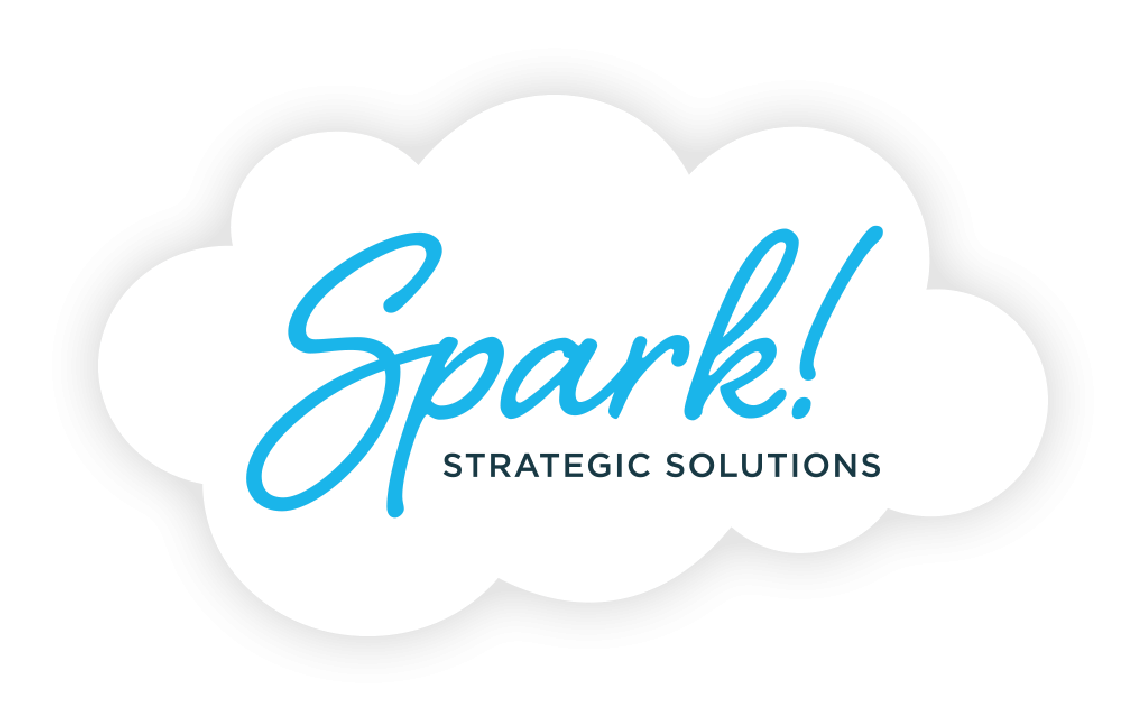Ida from Spark!
Shh… it’s okay to shut down your computer.
But what exactly is it, and what does it mean for businesses?
The term “quiet quitting” is actually a bit of a misnomer. Like most trends nowadays, it started on social media, TikTok specifically. Here’s an example. It sounds like people are quietly refusing to do work, or resigning themselves to the absolute bare minimum, when that’s not really the full picture.
What quiet quitting really refers to is the practice of starting the work day at 9 a.m., finishing at 5 p.m., and sticking to responsibilities listed in the job description. The quality of completed work within those listed responsibilities is obviously up to the person, but the act of “quietly quitting” in and of itself does not necessitate laziness or a decline in quality.
Employees' specific duties are completed as expected, but nothing outside of agreed-upon responsibilities is addressed within working hours. So what it really comes down to is people doing their jobs to a satisfactory level, and then going home at 5 o’clock.
So why is this newsworthy? And why is it happening at all?
The term “quiet quitting” is actually a bit of a misnomer. Like most trends nowadays, it started on social media, TikTok specifically. Here’s an example. It sounds like people are quietly refusing to do work, or resigning themselves to the absolute bare minimum, when that’s not really the full picture.
What quiet quitting really refers to is the practice of starting the work day at 9 a.m., finishing at 5 p.m., and sticking to responsibilities listed in the job description. The quality of completed work within those listed responsibilities is obviously up to the person, but the act of “quietly quitting” in and of itself does not necessitate laziness or a decline in quality.
Employees' specific duties are completed as expected, but nothing outside of agreed-upon responsibilities is addressed within working hours. So what it really comes down to is people doing their jobs to a satisfactory level, and then going home at 5 o’clock.
So why is this newsworthy? And why is it happening at all?
Wellness in the workplace and in organizations
Workplace culture has obviously undergone some serious changes over the last several years, some for the better and some for worse.
“Quiet quitting” is largely a cultural response to a changing workplace and the reversal of so-called “hustle culture.” Over recent years, many people have experienced downsizing and the concentration of several job duties into one position/role, which leads to workplace fatigue.
When employees are fatigued, they have trouble completing normal tasks to a high standard both at work and in their personal lives.
Many of these young professionals reference instances of being told to work above and beyond, that they would reap the benefits of their hard extra work, but then feeling left high and dry without the promised rewards.
Businesses earn more revenue when employees perform extra work outside of working hours and without compensation, and many employees feel disconnected from their work as a result.
What’s really happening here is a miscommunication between employees and employers about expectations, the value of completed work, and compensation.
Although the phrase “quiet quitting” might ruffle some feathers for business owners and managers worried their teams are being lazy, it actually serves as a reminder for employees not to overwork themselves
“Quiet quitting” is largely a cultural response to a changing workplace and the reversal of so-called “hustle culture.” Over recent years, many people have experienced downsizing and the concentration of several job duties into one position/role, which leads to workplace fatigue.
When employees are fatigued, they have trouble completing normal tasks to a high standard both at work and in their personal lives.
Many of these young professionals reference instances of being told to work above and beyond, that they would reap the benefits of their hard extra work, but then feeling left high and dry without the promised rewards.
Businesses earn more revenue when employees perform extra work outside of working hours and without compensation, and many employees feel disconnected from their work as a result.
What’s really happening here is a miscommunication between employees and employers about expectations, the value of completed work, and compensation.
Although the phrase “quiet quitting” might ruffle some feathers for business owners and managers worried their teams are being lazy, it actually serves as a reminder for employees not to overwork themselves
What stories exist within your organization?
While it may seem easy to write off this temporary trend as another generation of lazy and entitled people, consider instead that every worker is an individual, and every individual has a story to share.
Rather than pointing fingers, use Human-Centered YOUnityTM to engage with those individuals and their stories to learn more about their needs, how they learn best, and what is exciting to them at work. These conversations could potentially encourage employee wellbeing and, eventually, organizational success.
Rather than pointing fingers, use Human-Centered YOUnityTM to engage with those individuals and their stories to learn more about their needs, how they learn best, and what is exciting to them at work. These conversations could potentially encourage employee wellbeing and, eventually, organizational success.
Empty space, drag to resize



